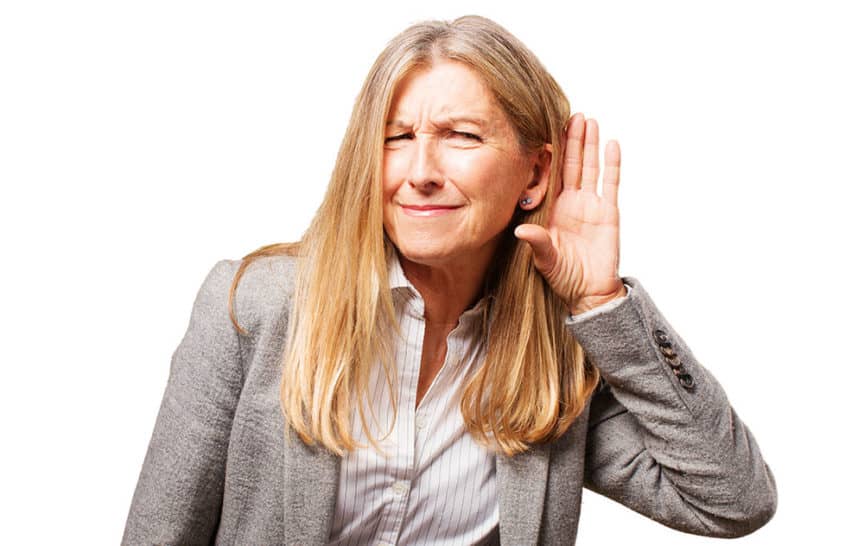- Occupational Hearing Hazards - April 27, 2020
- Understanding Noise-Induced Hearing Loss - April 18, 2020
- Understanding Noise-Induced Hearing Loss - April 12, 2020
Tinnitus is an extremely difficult condition to deal with when you’re not used to dealing with it.
Tinnitus can be a sign of another medical condition and treating said condition can have an instant effect on your tinnitus. You can get a hearing appointment booked with your audiologist to confirm that it is tinnitus you are experiencing. Many things cause tinnitus, from exposure to loud noise, working with loud machinery and even a head trauma. It’s common to experience tinnitus as a side effect of medication, too, which is why it’s important to bring a list of medications with you to your appointment with your audiologist.
Once you recognize the symptoms of tinnitus, you can book yourself an appointment to get your hearing checked and discuss the issues that you are having. Don’t keep coping when you don’t have to. Tinnitus is a very common symptom that wide groups of people have to deal with. The good thing about it is that while an audiologist can give you concentrated advice and help about how to deal with it, you can do a lot for yourself at home. It is a case of trial and error to treat tinnitus, and we’ve got some of the best ways that you can treat tinnitus at home.
- Relaxation and meditation are clever ways to help remove your mind from thinking about the buzzing that you can hear and helps you to concentrate on other things that aren’t making you focus on the tinnitus in your ears.
- Muscle relaxation can work by helping you to relax the muscles in your head and neck and help your body to stay calm and focused.
- Eliminating caffeine from your diet can also work wonders to helping you move through the symptoms and find dealing with tinnitus far easier.
- Using background white noise when you’re working can help to distract you from tinnitus, as you are concentrating on another sound and not the one that’s in your head.
A hearing test can show how severe tinnitus is and your audiologist can talk you through those results. The results that your hearing assessments give you will determine the treatment that you get from an audiologist. Hearing aids can provide you with some relief initially if you have some hearing loss. There are therapy features in some hearing aids today that are specific to tinnitus, so you should make sure that you ask your audiologist about these. There are masking devices that can help to downplay the tinnitus that you are experiencing, and you can get noise suppression devices that can be worn inside the ear.
There is a behavioral therapy called tinnitus retraining therapy that can be done alongside the use of a masking device, which can help you to learn to ignore the noise and push it into the background of your mind. White noise machines can often provide the same relief, taking your attention away from the ringing and onto something else.


